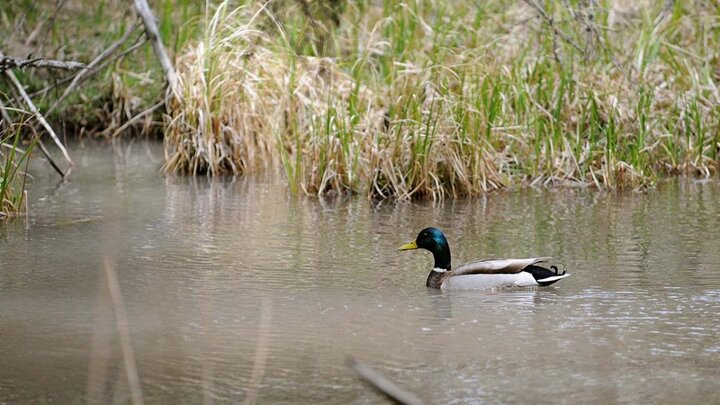The Clean Water Act requires a federal permit before landowners can engage in construction activities in lakes, rivers, streams and wetlands so long as the water bodies constitute waters of the U.S. or WOTUS. A recent federal court opinion has invalidated the Trump WOTUS rules.
Where did the WOTUS conflict begin? The main fight has been over wetlands. Basically the legal issue is whether the CWA applies only to wetlands immediately beside [adjacent to] lakes and rivers, or whether it also applies to wetlands further away but still hydrologically connected to downstream lakes and rivers. Lots of litigation.
Could Congress change the Clean Water Act to resolve this conflict? Yes, Congress could resolve the issue but hasn’t and likely won’t. So by default it has been left up to EPA and the courts to wrestle with the issue.
Where did the current lawsuit come from? A 2006 US Supreme Court wetlands decision. Justice Scalia wrote that the CWA applied only to adjacent wetlands, while Justice Kennedy wrote that distant wetlands could be WOTUS if a significant hydrologic connection to lakes or rivers could be established. Federal courts since have tended to follow the Kennedy “distant wetlands are WOTUS” approach.
Has EPA tried to resolve this conflict? Yes. The Obama EPA proposal would have implemented the inclusion of distant wetlands after reviewing the science on connectivity between lakes and rivers and more distant tributaries and wetlands. More recently the Trump EPA substituted an adjacent wetland approach patterned on Justice Scalia’s 2006 opinion. This approach would have lifted federal clean water protection for most streams and wetlands in the West, including IMO western Nebraska.
Did the current lawsuit involve the Trump WOTUS rule? Yes, Arizona Tribes challenged the rule in court because it would have removed federal clean water protection for most of the tribal reservation streams.
What did the judge rule? The judge ruled that the Trump EPA ignored the scientific evidence that more distant water bodies could and often did influence the water quality of downstream lakes and streams, and therefore violated the CWA.
So where are we now? There are likely to be some lawsuits to determine whether the Arizona ruling applies throughout the US or only in Arizona. There also is likely to be an appeal of the Arizona court ruling striking down the Trump WOTUS rule. I expect the Biden EPA will eventually repeal the Trump WOTUS rule and replace it with a new WOTUS rule that will look a lot like the Obama WOTUS rule.
What about the Supreme Court? Justice Scalia, a conservative, died while on the court. Justice Kennedy, a moderate, has retired. Both were replaced by conservative justices. So the Scalia WOTUS rule could end up being the US rule in the final analysis. We will have to wait and see.
Could this affect Nebraska? Yes. Intermittent streams – those that do not flow during the entire year – would not be protected by the CWA. They would likely be protected by the Nebraska law from things like waste discharges into streams, but probably not for wetlands protection. And if Nebraska legislators thought businesses, farmers and ranchers should have less governmental regulation, Nebraska’s clean water statutes could be weakened. So this is definitely worth keeping an eye on.




